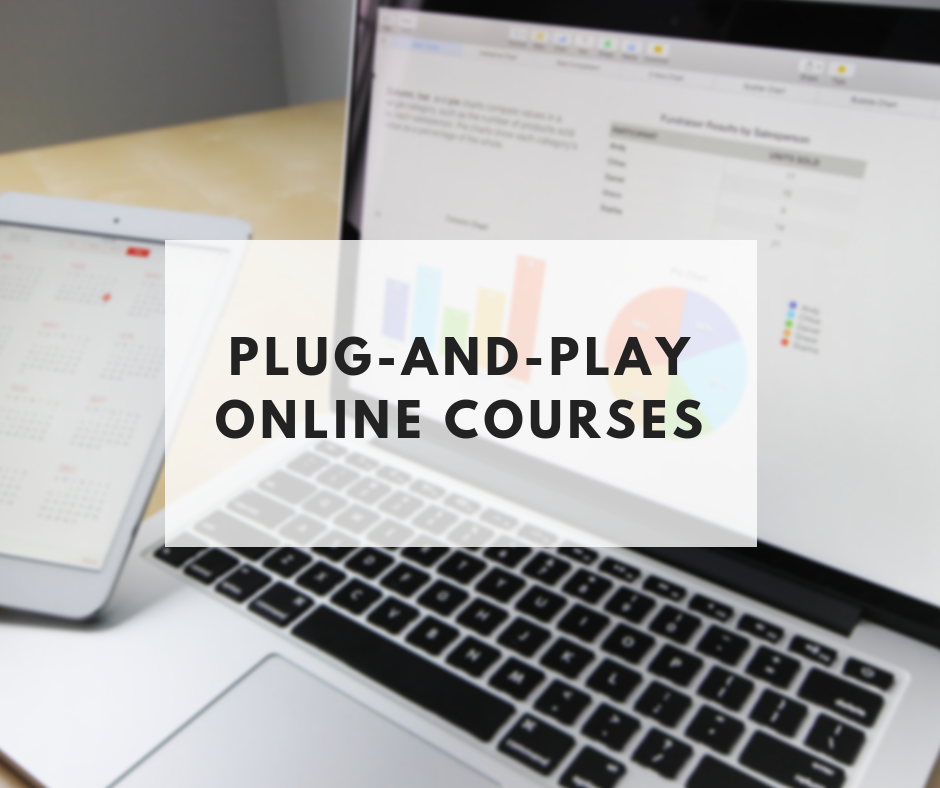A couple of recent articles from Inside Higher Education remind us why those of us embedded in the research and practice of online learning need to speak up or risk the outcomes of others making decisions without us. An article titled “Plug-and-Play Online Courses: Innovation or Dystopia?” describes the consequences when instructors are handed a pre-designed course to “teach”. This article was published the same day as “MOOC Platforms’ New Model Draws Big Bet From Investors” that suggests a drive for models that focus on teaching quantity versus quality.
There are many issues/questions to unpack in these articles, but I’ll focus on the most concerning to me. Most importantly, what is the experience for the learner in these “plug & play” courses? What are the opportunities to interact with the content, with other learners, with each other? Are these interactions likely to lead to meaningful outcomes? Beyond the grades they receive, what are students able to DO following the courses? What is the role of the instructor in this educational model (e.g., a paper grader, a course administrator, etc.)?
I’m assuming the answer is “it depends”, as it is to most things in life. It depends on the expertise of those designing the course. It depends on the expertise of those facilitating the course. It depends on the additional support services offered to students. It depends on the expectations/needs of the student. And so on …
However, each day I read in our contact form comments – when we ask, “Describe your interest in Designers for Learning” – that students are hungry for authentic real-world experience. And during that experience, they want feedback. They want guidance. They want support. My fear is that these things might be in short supply as we make decisions to emphasize the quantity served in our educational models.
